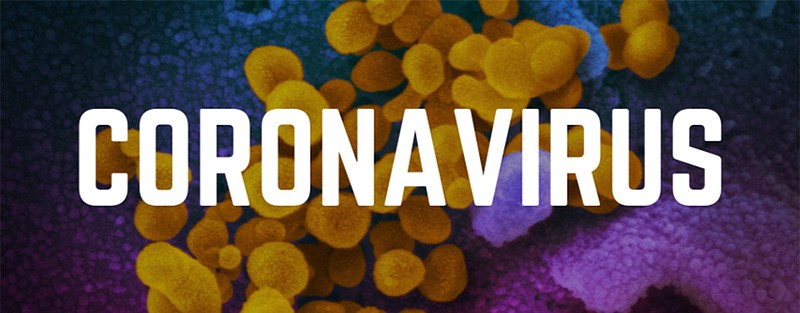State agencies have partnered to develop and distribute a guide intended to clearly explain important information about COVID-19 to people with developmental disabilities.
The Missouri Department of Health and Senior Services and Missouri Developmental Disabilities Council on Monday released "Missouri Plain Language Guide for People with Disabilities, Their Families and Caregivers."
The document found at bit.ly/3x8LGcm provides access to information about the virus and vaccines.
It is intended to simplify information for people with intellectual and developmental disabilities, and for others who have disabilities that affect reading, comprehension and other cognitive functions, according to a DHSS news release.
"People with disabilities, their family members and caregivers have been eligible to receive the COVID-19 vaccine (since) the earliest phases of Missouri's vaccine rollout," the release says. "Any Missourian age 12 and older is eligible to receive the COVID-19 vaccine."
State leaders have, since the beginning of 2021, been focused on deploying new strategies and resources to meet the disability community where they are.
The new guide, the release said, is a resource that supports the state's disabled community, and the families and caregivers who support them.
If you or someone you know is unable to visit a COVID-19 vaccination clinic without help, call the COVID-19 Hotline at 877-435-8411 (then press option 4 to be routed to your Area Agency on Aging) to make a vaccine appointment. Hotline hours are 7:30 a.m.-5:30 p.m. Monday-Friday, and 8 a.m.-2 p.m. Saturday. The hotline thereafter will not be open Saturdays.
People may also register for the vaccine by visiting Missouri's COVID-19 website, MoStopsCovid.com.
The guide begins with information about how someone should go about receiving a COVID-19 vaccination. It then discusses what COVID-19 is, and how someone might come down with it.
It explains the symptoms and dangers of the virus and who is most at-risk from the disease.
The guide also explains why it's important to maintain social distancing and to wash hands often. And it advises readers to make a plan, in case they must stay home:
- Ask a friend or family member to shop for groceries for you.
- Ask a neighbor, friend or family member to check in on you.
- Create a backup plan for work, so others know what to do if you are out.
- Make sure you know your doctor's phone number.
- Talk to your self-advocacy group, friends, family, or support staff about your worries and concerns.

